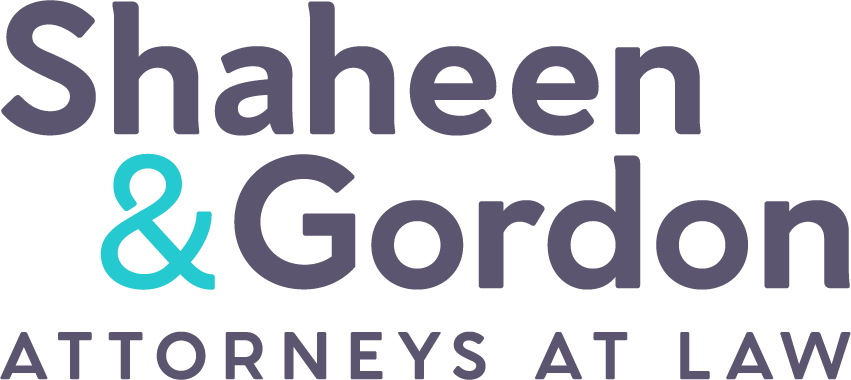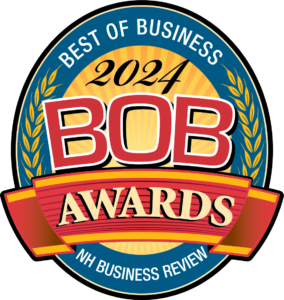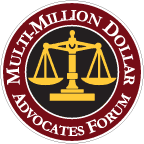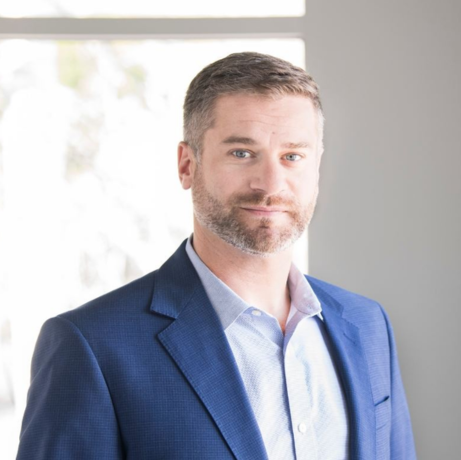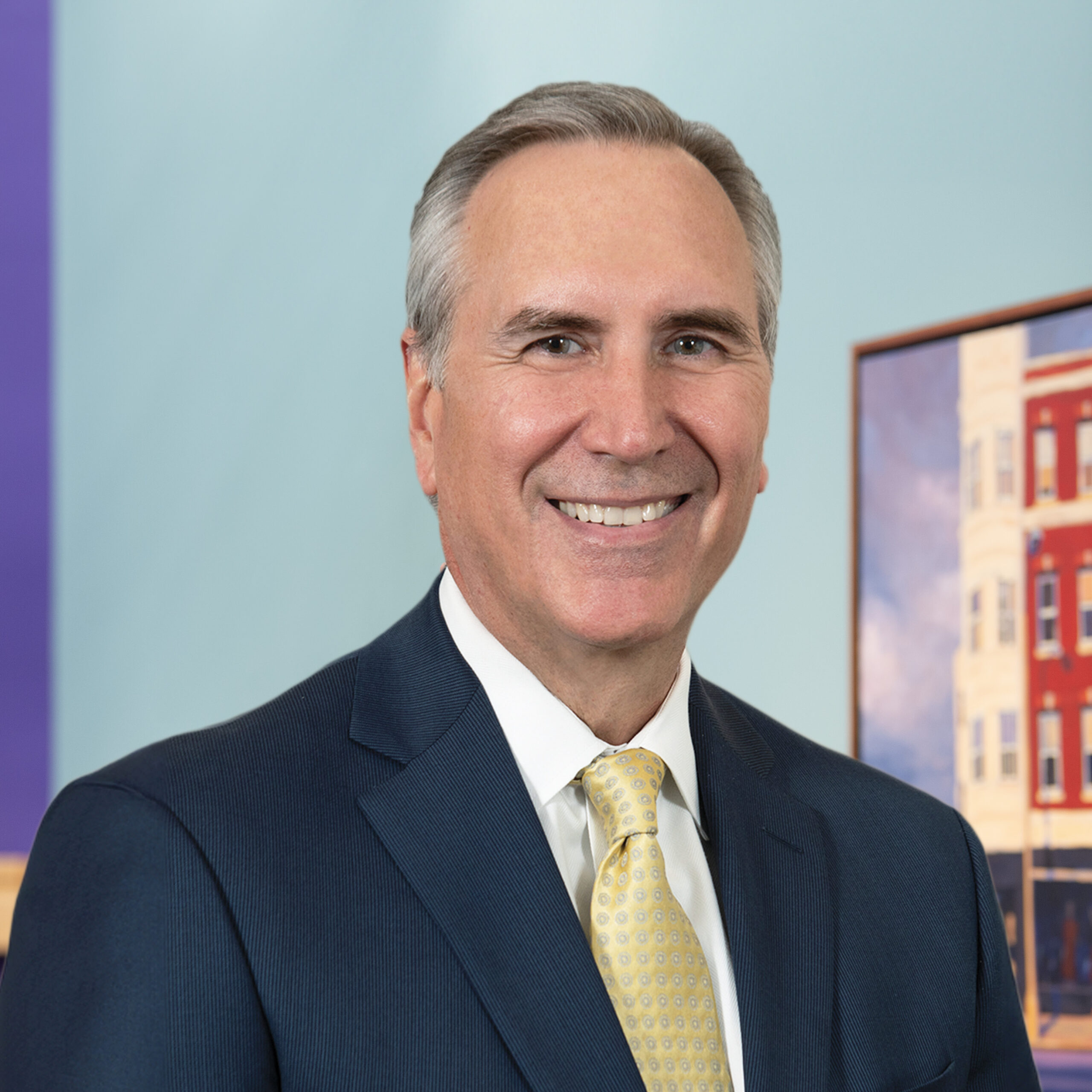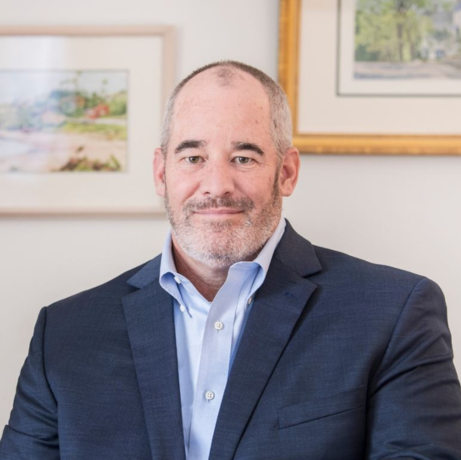Nashua Premises Liability Attorneys
Helping those injured in slip and fall accidents & more.
When you visit a store, restaurant, or other business, you expect that the property will be safe and free from hazards. Unfortunately, this is not always the case. Many people are injured every year in slip-and-fall accidents and other incidents that occur on someone else’s property. If you were injured on someone else’s property, you may be entitled to compensation for your medical bills, lost wages, and other damages.
At Shaheen & Gordon, P.A., we understand how to effectively navigate the legal process on behalf of our clients. Our Nashua premises liability lawyers have a proven track record of success handling these types of cases, and we are prepared to fight for you.
What is Premises Liability?
Premises liability is a legal concept that holds property owners or occupiers responsible for injuries or damages that occur on their premises due to unsafe or hazardous conditions. These claims typically arise when someone is injured while on someone else’s property and believes that the property owner or occupier’s negligence contributed to their injuries.
In New Hampshire, as in many other states, to succeed with a premises liability claim, you generally need to prove the following elements:
1. Duty of Care: You must establish that the property owner or occupier owed you a duty of care. The nature of this duty can vary depending on your legal status while on the premises. There are typically three categories of visitors, although it depends on which state’s law applies:
- Invitees: These are individuals who are on the property with the owner’s or occupier’s express or implied permission, typically for business purposes (e.g., customers in a store). The property owner owes invitees the highest duty of care.
- Licensees: Licensees are individuals on the property with the owner’s or occupier’s permission but for their own purposes, not business purposes (e.g., social guests). The property owner owes licensees a duty to warn of known hazards.
- Trespassers: Trespassers are on the property without permission. The property owner’s duty to trespassers is limited, but there are still some obligations to avoid causing intentional harm.
2. Breach of Duty: You must show that the property owner or occupier breached their duty of care. This involves proving that they either knew or should have known about a hazardous condition on the property and failed to address it or provide adequate warning.
3. Causation: You need to demonstrate a causal connection between the property owner’s or occupier’s breach of duty and your injuries. In other words, you must show that the hazardous condition directly led to your injuries.
4. Damages: You should provide evidence of the damages you suffered as a result of the accident. This may include medical bills, lost wages, pain and suffering, and other losses related to the incident.
In New Hampshire, it’s important to be aware of the state’s modified comparative negligence system. This means that even if you are partially responsible for your injuries, you may still recover damages. However, your compensation will be reduced by the percentage of fault assigned to you.
Common Types of Premises Liability Cases
There are many different types of premises liability cases. Some of the most common include:
- Slip and Fall Accidents: These are among the most common premises liability cases. They occur when someone slips, trips, or falls due to a hazardous condition such as a wet or slippery floor, uneven surfaces, loose rugs or carpets, ice or snow accumulation, or spilled substances in a store or public place.
- Inadequate Maintenance: Property owners have a duty to maintain their premises in a safe condition. Failure to repair or address issues like broken handrails, damaged staircases, or deteriorating infrastructure can lead to accidents and premises liability claims.
- Poorly Maintained Walkways: Uneven or poorly maintained walkways, sidewalks, and parking lots can be hazardous. Cracked pavement, potholes, and other defects can lead to accidents and injuries, especially for pedestrians.
- Inadequate Security: Property owners may be liable for injuries resulting from criminal acts like assaults or robberies if they fail to provide adequate security measures. This is often relevant for commercial properties, apartment complexes, and other places where security is expected.
- Dog Bites and Animal Attacks: If a property owner’s dog or other animals injure someone on their property or off it but under their control, they may be held liable for the injuries.
- Swimming Pool Accidents: Property owners with swimming pools have a duty to maintain safety measures like fences, gates, and alarms to prevent accidents, especially involving children.
- Elevator and Escalator Accidents: Malfunctioning elevators and escalators can lead to serious injuries, and property owners and maintenance companies can be held responsible for these accidents.
- Retail Store Accidents: Customers who are injured while shopping in a store may have a premises liability claim if they can demonstrate that the store’s negligence, such as spills not promptly cleaned, poor lighting, or overcrowded aisles, led to their injuries.
- Amusement Park and Recreational Facility Accidents: Accidents in amusement parks, water parks, or recreational facilities may result in premises liability claims if the injuries are due to poorly maintained equipment, inadequate safety measures, or operator negligence.
- Building Code Violations: Property owners who violate building codes or fail to adhere to safety regulations may be held liable for injuries resulting from such violations.
These are just a few examples of the types of cases we handle. If you were injured on someone else’s property, we can help you determine if you have a valid premises liability claim.
What to Do After a Premises Liability Accident
If you were injured on someone else’s property, it is important to take the following steps:
- Seek medical attention right away, even if you do not think you were seriously injured. Some injuries, such as traumatic brain injuries and internal bleeding, may not be immediately apparent. A doctor can evaluate you and determine if you have any injuries.
- Report the accident to the property owner or occupier. If you were injured at a business, you should report the accident to the manager or another employee. If you were injured at someone’s home, you should report the accident to the homeowner. Be sure to get a copy of the accident report.
- Take pictures of the accident scene. If you are physically able to do so, you should take pictures of the area where the accident occurred. This can help prove that the property owner or occupier was negligent.
- Get the names and contact information of any witnesses. If there were any witnesses to the accident, you should get their names and contact information. They may be able to provide valuable testimony later on.
- Do not give a recorded statement to the insurance company. The insurance company may ask you to provide a recorded statement about the accident. You are not required to do this, and you should not do so without first speaking to an attorney. The insurance company may try to use your statement against you to deny your claim.
- Do not post about the accident on social media. The insurance company may also try to use your social media posts against you. For example, if you post a picture of yourself smiling after the accident, the insurance company may try to argue that you were not seriously injured. You should avoid posting about the accident on social media until your case is resolved.
- Contact an experienced premises liability attorney. You should contact an attorney as soon as possible after the accident. An attorney can help you understand your legal rights and options and guide you through the process of filing a claim.
How Our Firm Can Help You
Our Nashua premises liability attorneys can help you file a claim and fight for the compensation you deserve. We can conduct a thorough investigation into the accident and gather all available evidence. This may include accident reports, surveillance footage, and witness statements. We can also consult with experts who can help us determine how the accident occurred and who was at fault.
Our firm can handle all the legal aspects of your case so you can focus on your recovery. We can negotiate with the insurance company on your behalf and fight for a fair settlement. If the insurance company refuses to make a fair offer, we can take your case to court. Our attorneys are skilled litigators, and we are not afraid to take on large corporations and insurance companies.
